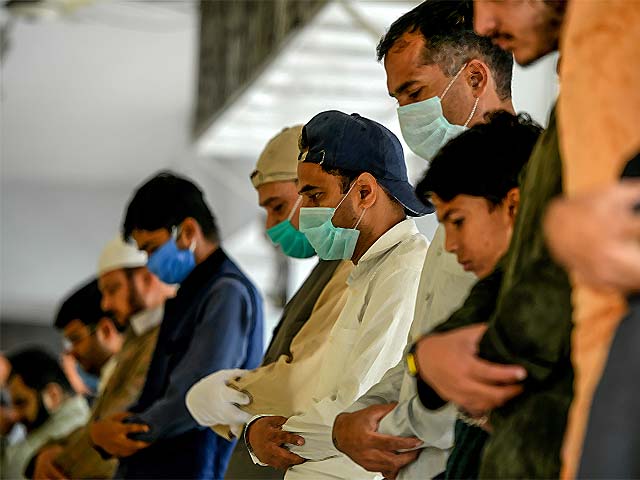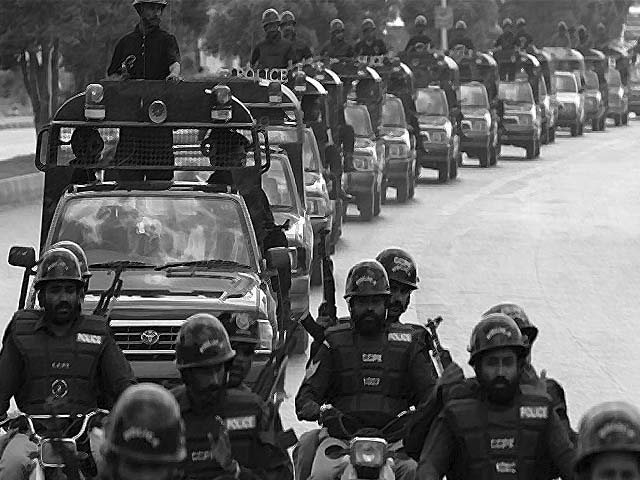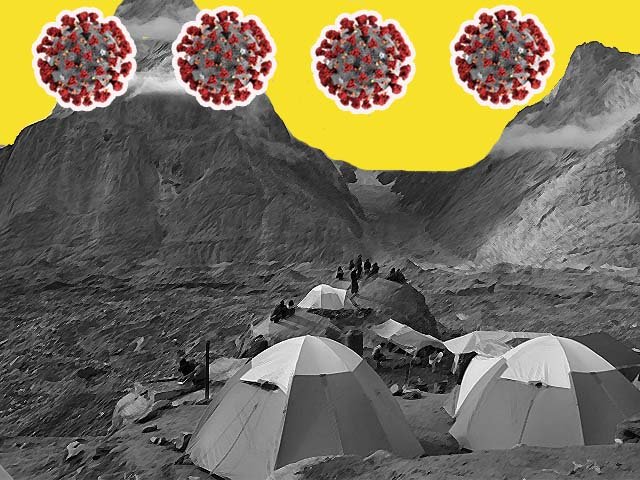
Pakistan’s Ramzan corona conundrum
Every year, newspaper columns and online blogs seem to debate the merits of policies implemented in Pakistan during the month of Ramzan. Some pundits argue over the role of ‘Ehteram-e-Ramzan’ and some criticise television show presenters that make an obscene amount of money during the month. Ramzan in 2020 is, however, not going to be the usual month, which statistically ends with Mufti Shahabuddin Popalzai announcing Eid in Khyber Pakhtunkhwa (KP) a day before Mufti Muneeb. This Ramzan may be one of the most challenging times for the country amidst the Covid-19 pandemic.
While some clerics have softened their tone on the subject of keeping mosques open during the pandemic, the government has allowed Ramzan prayers in mosques up and down the country. The prime minister came out swinging, claiming that Pakistan is an independent country, which is why we will continue to keep mosques open. The Twitter nation bashed this policy, highlighting the over ten thousand coronavirus cases the country has reported thus far and how this decision could be potentially devastating, given an estimated 27% of total cases nationwide find their roots in the Raiwind Tableegh. Going beyond the stated policy, some commercial activity has also surfaced; a slight uptick in vehicular traffic has emerged in various cities.
Pakistan is a developing country that has been plagued by religious fundamentalism and terrorism for longer than many can remember. Even in comparison with other Islamic countries, Pakistan differentiated itself with the electoral debut of Pakistan Tehreek-e-Insaf (PTI), which has to keep different mis-adventurous parties at bay. One of those parties includes the association of Islamic clerics that run the hundreds of thousands of mosques across the country. Threatening their interests opens a Pandora’s box which no previous government has successfully been able to close. To the critical thinker, this decision is no different than PTI’s call to retain Minister Fayyazul Hassan Chohan, and to not officially give Atif Mian a public office. These decisions are the physical manifestations of the nuclear centre that fragilely ties together the atom that is Pakistani politics.
That being said, does this set up a dangerous precedent highlighting that even in the face of one of the worst global catastrophes, the religious clerics of Pakistan can control government policy? Perhaps. But is this phenomenon new? Absolutely not.
Pakistan’s economy has always shown some resilience, but in an era where oil prices are crashing, and global economies are scratching their heads, enforcing a tighter lockdown during the month of Ramzan was also not a possibility. Similarly, opening the country up for business would have rapidly deteriorated a health crisis into a law and order crisis. Aid injections from various countries and inter-governmental institutions may keep the economy afloat, especially with a falling dollar rate, but there is no such thing as a free lunch. A time will come when the G20 will resume loan repayments, and Pakistan needs to propel itself into a position where it can make those payments and survive.
The fact of the matter is that at the end of May, when the nation will excitedly look at their television screens to watch Mufti Muneeb wrestling a PTCL wire out of a landline telephone, a very different Pakistan will exist. One potential Pakistan would have, at best, a government struggling to maintain its legitimacy, and, at worst, a law and order situation where they will eventually have to give in to the demands of the religious bloc. The other Pakistan may have a considerably higher number of Covid-19 cases, but the current government would be able to survive until the next elections, perhaps even further.
Religious congregations and collective iftars will be a health risk. Some countries are even debating if fasting itself poses a health risk as abstaining from food and water may compromise the immune system, especially during increasingly hot weather. Other Islamic countries, including Turkey and Saudi Arabia have taken steps to combat a pandemic at the cost of restricted religious festivities. But as per Former Foreign Secretary Ambassador Sultan Muhammad Khan, in his book Memories and Reflections of a Pakistani Diplomat, Pakistan wears religion on its sleeve.
At end of the day, only time will tell which Pakistan we see at the end of this holy month. It is unimaginably difficult to be in the position the current leadership is in and it is equally easy to use social media to promote rhetoric which is one-dimensional and emotionally driven. While we wait, the role of individual responsibility has never seen more relevance.




COMMENTS
Comments are moderated and generally will be posted if they are on-topic and not abusive.
For more information, please see our Comments FAQ